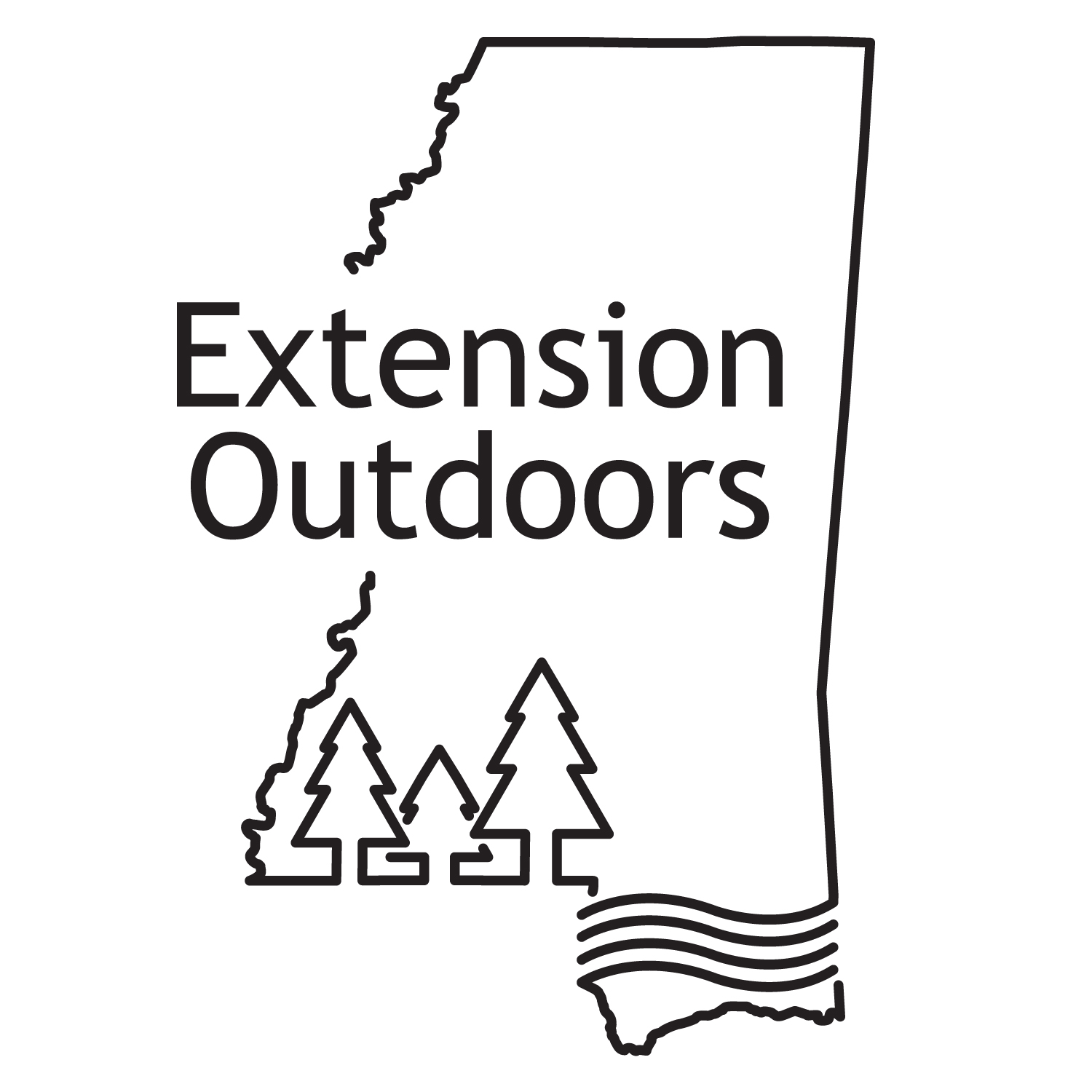Information Possibly Outdated
The information presented on this page was originally released on August 16, 2019. It may not be outdated, but please search our site for more current information. If you plan to quote or reference this information in a publication, please check with the Extension specialist or author before proceeding.
Signage defines property lines, prevents trespassing
STARKVILLE, Miss. -- As fall and cooler weather are right around the corner, one of the most frequent questions I get from landowners related to protection of their property is, “Can I shoot a trespasser?”
The short answer is “No,” but owners can take other steps to deal with unwanted poachers or interlopers on their property. A related question is, “If a trespasser comes on my land and gets hurt, am I liable in any way for this situation?” Again, the answer is “No.”
The duty owed by a landowner to a visitor for protection against dangers or hazards on private property is determined by the legal classification of that person. He or she can be classified as a trespasser, licensee or business invitee.
Other than not intentionally harming the perpetrator, a landowner owes no duty to a trespasser on private property. Trespassers have no legal permission or basis for being on the land. Therefore, a landowner does not have to be concerned about their safety on the property.
The castle doctrine is a legal precedent that designates an individual’s home or other legally occupied space such as a vehicle as a place where he or she has protections and immunities. The doctrine permits use of force to defend oneself against an intruder. However, it doesn’t necessarily apply to your land. In other words, I can’t legally harm a trespasser I discover in my deer stand on my property or fishing in my pond without permission. So, you shouldn’t intentionally harm a trespasser that you find on your land.
If you are having trouble with a trespasser, try to photograph his or her vehicle license plate while it is on your property. Contact and send the photograph to your sheriff’s department or a conservation officer with the Mississippi Department of Wildlife, Fisheries and Parks (1-800-BE SMART) with instructions that the person is a trespasser. Complete a trespass affidavit for the arrest of trespassers on your property. This statement allows officers to take action including arrest if they catch trespassers on your land.
If you discover trespassers’ names and contact information, draft a letter informing them that they are to remain off your property and that you will pursue enforcement actions and legal fines for trespassing if they come back.
Mississippi trespass statutes have increasing levels of severity in terms of fines, penalties and potential jail time for second and third offenses, as well as instances where the landowner can demonstrate prior warnings to a trespasser. However, never escalate a confrontation directly with a trespasser that you catch on your land. Oftentimes during hunting season, these individuals will be carrying guns. It’s always the smarter move to let local law enforcement personnel deal directly with trespassers and wildlife poachers on your land.
It is not necessary to post “No Trespassing” signs on your land, but it is highly advisable. Signage will help define your property boundaries and can serve to enhance penalties against violators. Also, law-abiding hunters or individuals who may inadvertently or unintentionally enter your land will likely see your signs and usually steer clear of property lines.
Oftentimes, word gets out quickly that you don’t tolerate trespassing and that you enforce your property lines. This type of precedent can substantially reduce your trespass problems over time. As my grandmother told me as a child, “Start out like you can hold out.” This is good advice about most things, including protection of your land from uninvited visitors.
For more information about land management for wildlife and related issues, please contact me directly or visit my website at http://naturalresources.msstate.edu.

Editor’s Note: Extension Outdoors is a column authored by several different experts in the Mississippi State University Extension Service.






